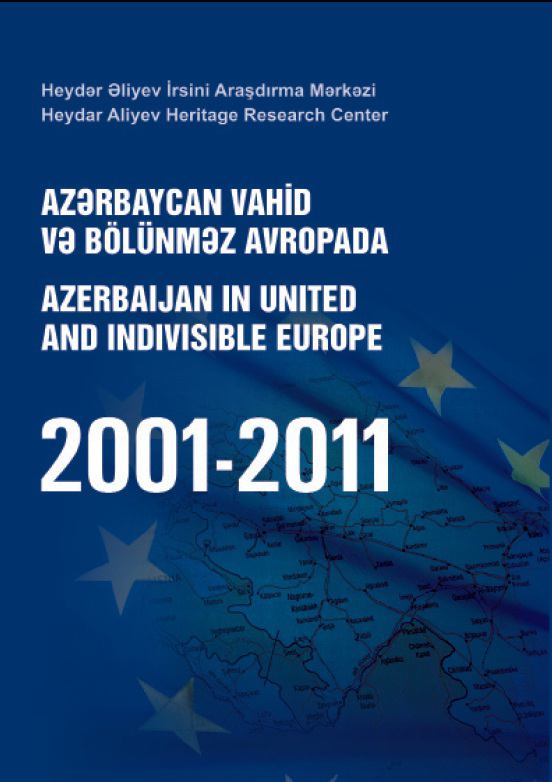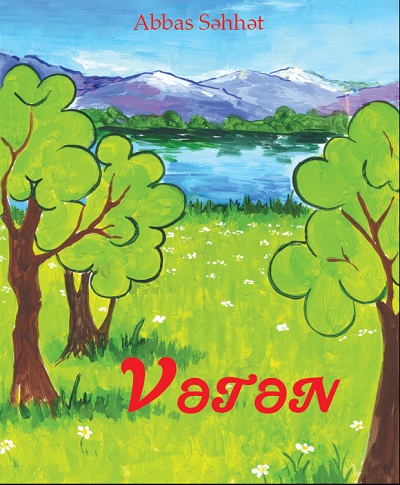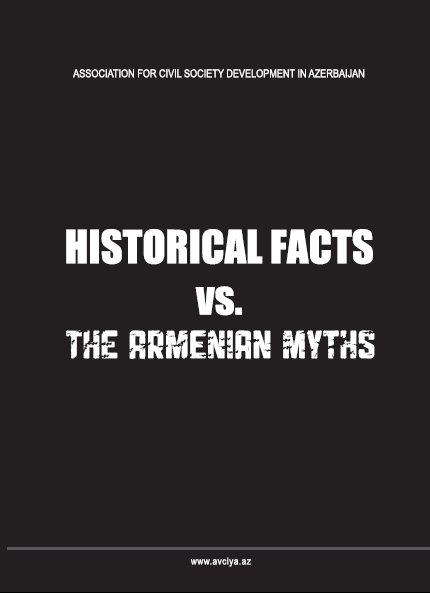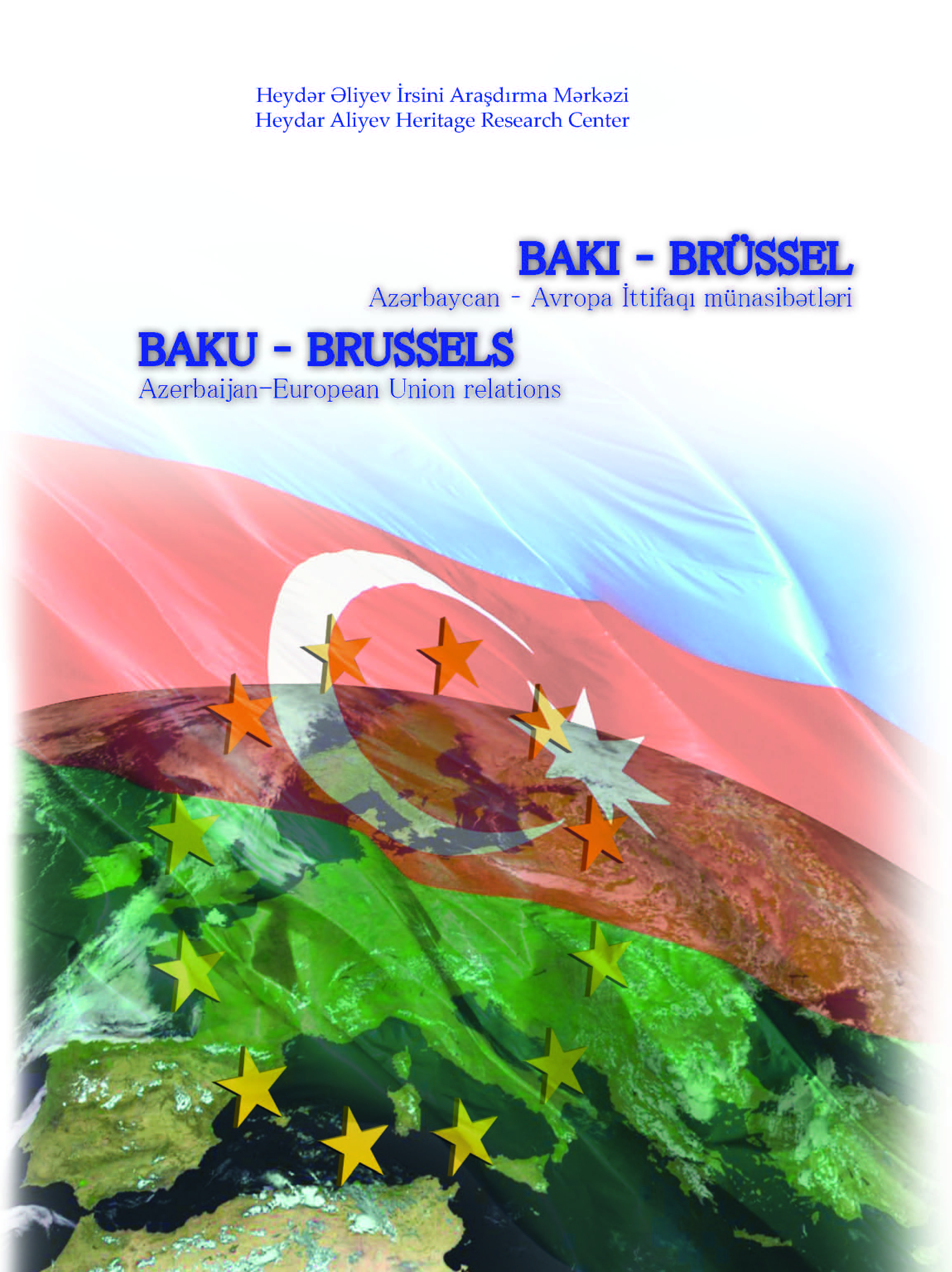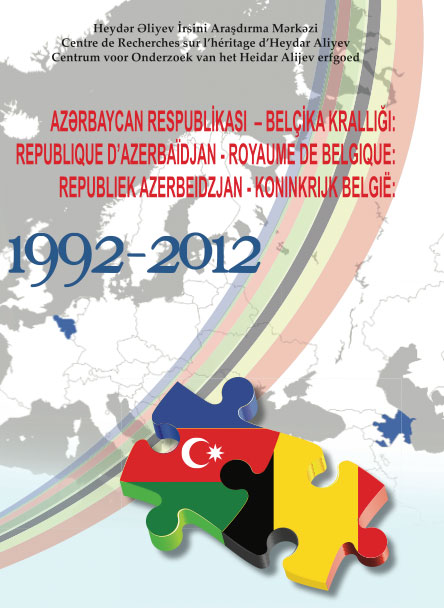MP Elkhan Suleymanov issues statement on the eve of Azerbaijani President Ilham Aliyev’s visit to Brussels
 Elkhan Suleymanov, Member of Parliament, Chairman of Azerbaijani Delegation to the Euronest PA and President of the Association for Civil Society Development in Azerbaijan has issued a statement on the letter dated June 18, 2013 by Human Rights Watch addressed to the President of the European Commission Jose Manuel Barroso on the eve of the visit of Azerbaijani President Ilham Aliyev to Brussels,APA reports.
Elkhan Suleymanov, Member of Parliament, Chairman of Azerbaijani Delegation to the Euronest PA and President of the Association for Civil Society Development in Azerbaijan has issued a statement on the letter dated June 18, 2013 by Human Rights Watch addressed to the President of the European Commission Jose Manuel Barroso on the eve of the visit of Azerbaijani President Ilham Aliyev to Brussels,APA reports.
The statement says: “The development of non-objective and biased appeals and their delivery to different addresses with special zeal has recently become common by the international non-governmental organizations such as Human Rights Watch, Amnesty International and the European Stability Initiative on the eve of important events related to Azerbaijan. The main purpose of these appeals was to discredit Azerbaijan and to damage its international image.

Elkhan Suleymanov, Member of Parliament, Chairman of Azerbaijani Delegation to the Euronest PA and President of the Association for Civil Society Development in Azerbaijan has issued a statement on the letter dated June 18, 2013 by Human Rights Watch addressed to the President of the European Commission Jose Manuel Barroso on the eve of the visit of Azerbaijani President Ilham Aliyev to Brussels,APA reports.
The statement says: “The development of non-objective and biased appeals and their delivery to different addresses with special zeal has recently become common by the international non-governmental organizations such as Human Rights Watch, Amnesty International and the European Stability Initiative on the eve of important events related to Azerbaijan. The main purpose of these appeals was to discredit Azerbaijan and to damage its international image.
One of such addresses was prepared by the Human Rights Watch to the European Commission Prezident Jose Manuel Barroso on June 18, 2013, on the eve of the visit of the President of the Azerbaijan Republic Ilham Aliyev to Brussels.
The authors of the address have not only sticked to their traditions, but even “going forward” in the beginning of the letter, they call Mr. Barroso to “mark publicly the European Union’s profound concern about the precipitous deterioration of the human rights situation in Azerbaijan” and “to press for concrete improvements in line with last week’s European Parliament urgency resolution” during the meeting with President Ilham Aliyev.
Interestingly, the authors of the address call the President of the European Commission to “press” the President of the Republic of Azerbaijan “for concrete improvements”, namely, they call to put pressure on the President of the Azerbaijan Republic. Apparently, the address authors do not take into account that Azerbaijan is a full member of many influential international organizations, that it has already established mutually beneficial cooperation on the bilateral and multilateral basis with the states of the world and finally, that Azerbaijan is an independent republic which develops cooperation and partnership relations with the European Union. They deliberately turn a blind eye to the fact that it is unacceptable to press the head of an independet state. The address authors deliberately ignore the development of the relations between the EU and Azerbaijan on the basis of equality and mutual respect and the fact that Azerbaijan is a reliable partner in ensuring the energy security of the European countries.
The address of Human Rights Watch to the President of the European Commission claims without any facts there are “prisoners detained on political motives” and the “restrictive” legislation “contradicting international obligations regarding freedoms of expression, association, and assembly”. It should be noted that Azerbaijan has announced the establishment of civil, democratic, legal state and civil society, as well as integration into Europe as priority directions of its internal and foreign policy. Therefore, Azerbaijan is committed to the establishment of universal values, such as democracy, human rights and freedoms, cooperates with specialized institutions of Europe in this direction, constantly improves its legislation, and carries out relevant reforms.
At the same time, it should be underlined that the designation of special locations for the country citizens to hold protests and demonstrations is an accepted practice in European countries and addition of the provisions to legislation on this issue serves to the protection of public order and ensuring of the rights of other people. Moreover, expression of freedom of assembly only in the framework defined by law is an accepted principle in all European countries. The adequate measures taken against cases, such as organizing disturbances, attempting to call for civil disobedience in a country does not contradict legal principles in progressive societies.
The claim of Human Rights Watch regarding “Azerbaijan’s failure to make progress on meeting human rights benchmarks set for it by the EU as prerequisites for an Association Agreement” is an obvious slander. Thus, unlike all the points noted, Azerbaijan has never refused to accept the provisions of human rights as part of the country’s relationship with the EU. On the contrary, the claims of Human Rights Watch sound absurd on the background of statements on the improvement within negotiations regarding the Association Agreement between European Union and Azerbaijan.
The address reminds a regrettable urgency resolution on “Azerbaijan: the issue of Ilgar Mammadov”, which was recently adopted with the participation of a group of 32 out of 746 MEPs, and it comprises less than 5% of its members and claims that Ilgar Mammadov, Co-Chairman of the REAL movement had been arrested on “fabricated act of hooliganism and incitement to violence”. Indeed, to present the document which reflects the position of 20-30 MPs, as common position of the European Parliament doesn’t really serve for the bilateral relations between Azerbaijan and European Union and undermines the image of this institution. Thus, the issue discussed has not been investigated thoroughly and properly, the opinion of the opposite side has not been asked for, biased, one-sided relations have been preferred, and the opinions mentioned in the document do not reflect the reality.
In the address, the evaluation of “Legislative changes adopted in February 2013 requiring non-governmental organizations (NGOs) operating in Azerbaijan to sign a formal grant agreement when they receive funding for amount exceeding 200 Euros” as restriction of human rights is surprising. This step by the Azerbaijani Government serves to legitimize money circulation in the country and to prevent money laundering.
I would like to stress that Azerbaijan has faced the military aggression of Armenia since the first years of its state independence, and consequently, Nagorno Karabakh region and 7 surrounding provinces of Azerbaijan was occupied, ethnic cleansing policy was carried out in the occupied territories, rights of civilians were grossly and brutally violated, a situation of humanitarian crisis arose in the region, and about 1 (one) million Azerbaijani people became refugees and internally displaced people. This situation continues for over 22 years.
And Human Rights Watch functions as an international non-governmental organization, prepares reports on human rights, makes statements and addresses, and introduces itself as a defender distinguished with the objectivity of human rights and democracy. There is a logical question: why didn’t Human Rights Watch prepare reports regarding restoration of grossly violated rights of about 1 (one) million Azerbaijani civilians for over 22 years, ensuring of their rights to return their homes and live safely, while it clamors in connection with detention or imprisonment of this or that person in individual cases?
Obviously, civilians in bordering provinces of Azerbaijan live under danger for over 22 years. Thus, Sarsang reservoir, built at 726 meters above sea level (with dam of 125 meters high and capacity of 560 million cubic meters) on Tartar River in 1976 is located in the territories occupied by Armenia. Sarsang reservoir is in an emergency condition, as it was not technically maintained due to the occupation. Therefore, it is highly possible that the water reservoir collapses. So, Sarsang water reservoir has become a source of huge threat for Azerbaijan, and the lives of 400,000 (four hundred thousand) people of 7 provinces of the country are under serious danger. Obviously, any accident will result in both ecological crisis and mass casualties of civilians and humanitarian crisis. Interestingly, why hasn’t Human Rights Watch prepared any document to prevent a new humanitarian crisis emerging in the region as a result of accident in the Sarsang water reservoir so far?
I wonder why Human Rights Watch which diligently prepares biased reports on the state of human rights in Azerbaijan remains silent against the violence of hundreds of thousands Azerbaijanis’ rights as a result of Armenian occupation? Probably, the root of indifference of this organization to the fate of Azerbaijanis the rights of which were brutally and grossly violated lies on the reasons similar to those of other organizations and in fact Human Rights Watch performs as a supporter of Armenia like other organizations, continually delivering biased and partial documents on the state of human rights in Azerbaijan.
As an example of support to the aggressor Armenia, it could be appropriate to show plenary session of Euronest PA held in May. In the mentioned session, report on security in Eastern European countries. Surprisingly, some MEPs in the Euronest PA put forward proposals to include the opening of borders between Armenia and Azerbaijan, establishment of free trade relations, and involvement of Armenia in energy projects in the report. Sadly, authors of these proposals did not consider necessary the elimination of occupation, reestablishment of violated rights of the refugees and IDPs, on the contrary, support to the aggressor Armenia was much more important for them.
On the context of aforesaid, a question arises regarding the role of Human Rights Watch, which owns a budget at more than 43 million US dollars, among international NGOs’ network and its actual goals. But in fact, as Human Rights Watch gives instructions to J. M. Barroso, President of European Commission, we can conclude that it has been established by and functions as a tool of big powers and international organizations in order to put pressure on small countries like Azerbaijan (except Armenia), and thus, it uses human rights and fundamental freedoms to achieve these goals. Currently, their supreme aim is to break pre-election stability in the country.
Finally, I believe Human Rights Watch’s request will be evaluated as a biased and partial document and will not influence the essence and efficiency of Brussels meeting between Ilham Aliyev, President of the Republic of Azerbaijan and Jose Manuel Barroso, President of European Commission.”


